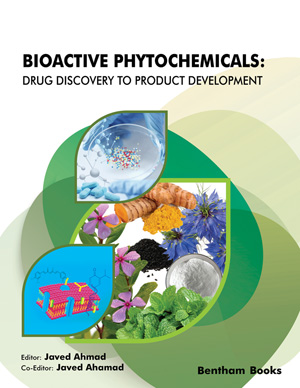Abstract
Introduction
Inhibition of normal enzyme activity represents a major strategy in drug design as noted by the fact that many of the top drugs by sales are enzyme inhibitors. The inhibition of an enzyme-catalyzed reaction can enable the selective modulation of a variety of biochemical processes such as cell growth, division, and viability untenable, or interrupting major metabolic pathways by blocking the formation of an essential or undesirable metabolite. Enzyme inhibition is complementary to receptor modulation via antagonists and is some cases can be used to potentate the activity of a desirable species by inhibiting its degradation. An antagonist is a drug that produces no response of a receptor but completely prevents the natural substrate from producing its effect. Drugs producing the same maximal response as the natural substrate are known as agonists. Enzyme inhibition is illustrated in the following scheme where biological activity of specie P can be attenuated via inhibition of the enzyme involved in its biosynthesis....






















